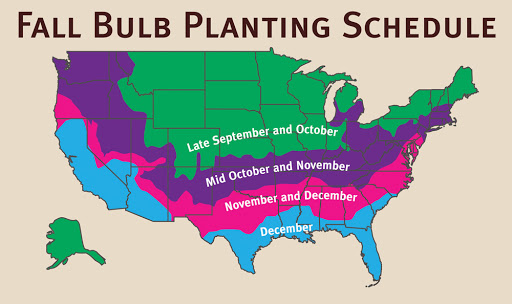We love the selection of bulbs available from A.D.R. The variety is great, the quality is excellent and the price is fair. However, the best part of working with A.D.R is the customer service from Chris, Walter and all of the team. They go out of their way to make sure ours needs are met.
Leah and Mark
, Wild Hare Farm
« Previous Plant | Next Plant »
Narcissi Large Cupped 'Pink Charm'
Daffodil
Narcissus 'Pink Charm' is a large-cupped daffodil, reaching 14 to 16 inches in height. It produces creamy-white petals surrounding a soft ivory cup with a ruffled coral-pink edge. The blooms appear in mid-spring and are lightly fragrant, making them excellent for cut arrangements. Thriving in full sun to part shade, 'Pink Charm' prefers well-drained soil and is deer-resistant, rabbit-resistant, and drought-tolerant. This variety is highly adaptable, performing well in a range of climates.
Recommended Substitutes for Narcissi Large Cupped 'Pink Charm'
Narcissi Calculator
When should I plant Narcissi Large Cupped 'Pink Charm'?

Growing and Maintenance Tips for Narcissi Large Cupped 'Pink Charm'
Planting: Plant bulbs in fall, 6 inches deep and 4 to 6 inches apart, with the pointed end up. These daffodils are ideal for mass plantings or formal borders.
Location: Full sun to partial shade. They bloom best with at least 6 hours of sunlight daily.
Soil: Well-drained, moderately fertile soil with a slightly acidic to neutral pH (6.0–7.0). Enrich with compost or leaf mold.
Watering: Water after planting and during active spring growth. Once foliage yellows, reduce watering—bulbs prefer dry summer dormancy.
Temperature: Hardy in USDA zones 3–8. Requires a winter chill to bloom reliably.
Fertilization: Apply compost or a low-nitrogen fertilizer in fall and again in early spring.
Pruning: Deadhead spent blooms to prevent seed formation. Allow foliage to die back naturally to recharge the bulb.
Propagation: Naturalizes by offsets. Divide clumps every 4 to 5 years in summer when dormant.
Pest & Disease: Deer- and rodent-resistant. Good drainage prevents bulb rot.








Check back soon for additional details.